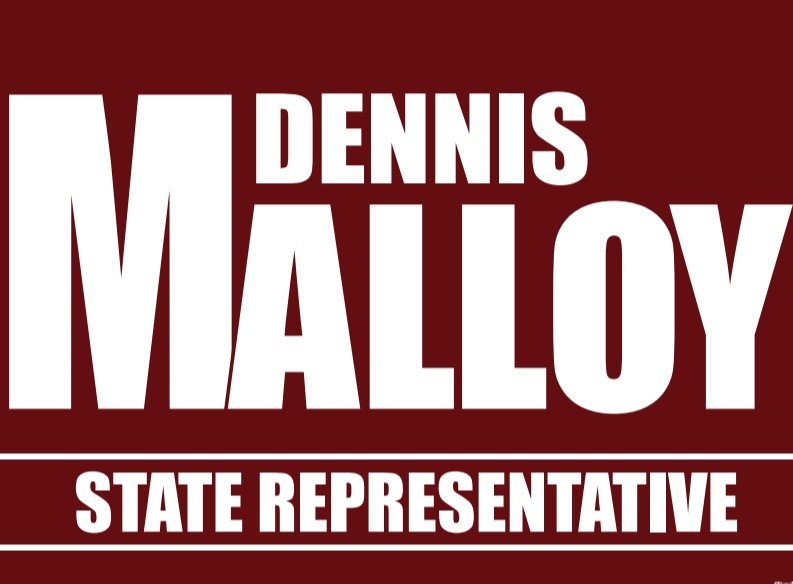The country’s most expansive school voucher program is financially irresponsible, lacks accountability, and leaves students and taxpayers susceptible to fraud and abuse. New Hampshire families and taxpayers deserve better. Last week the House of Representatives rejected 5 bills that would ensure NH’s voucher program is well managed and run appropriately.
In its current form, the program is administered by a private New York company at significant cost to Granite State taxpayers, has weak accountability, inadequate protections against fraud, and siphons state funds out of public schools to subside students already in private education.
Representative David Luneau (D-Hopkinton) Deputy Ranking Democrat on the House Education Committee said NH is operating under a poorly written program with inadequate constraints on eligibility and a price tag that has already ballooned over 5000% above budget.
These following bills are on the way to the NH Senate, but there seems to be little hope that they will be either amended or rejected.
HB 1115 sought to require voucher program participants to participate in the same statewide assessments that public and charter school students complete. This bill would have added accountability to the program, assuring that participants acquire the skills and knowledge necessary to an adequate education.
HB 1120 sought to assure that education service providers receiving EFA tax dollars present the same evidence of financial stability and academic success that non-public schools provide in the DOE vetting process.
HB 1355 sought to protect taxpayers by requiring investigation of EFA fund misuse. The law passed last year does not require suspected fraud be investigated and requires fraud or abuse to be “intentional or substantial” be referred to the Attorney General for investigation.
HB 1376 sought to ensure that students with disabilities that participate in the voucher program are adequately informed of their rights.
HB 1669 sought to appropriately reassign administration of the voucher program from a private, out-of-state company to the New Hampshire Department of Education. There is no good reason to outsource administration of this program to an outside vendor, at significant expense ($720,000) to New Hampshire taxpayers.

